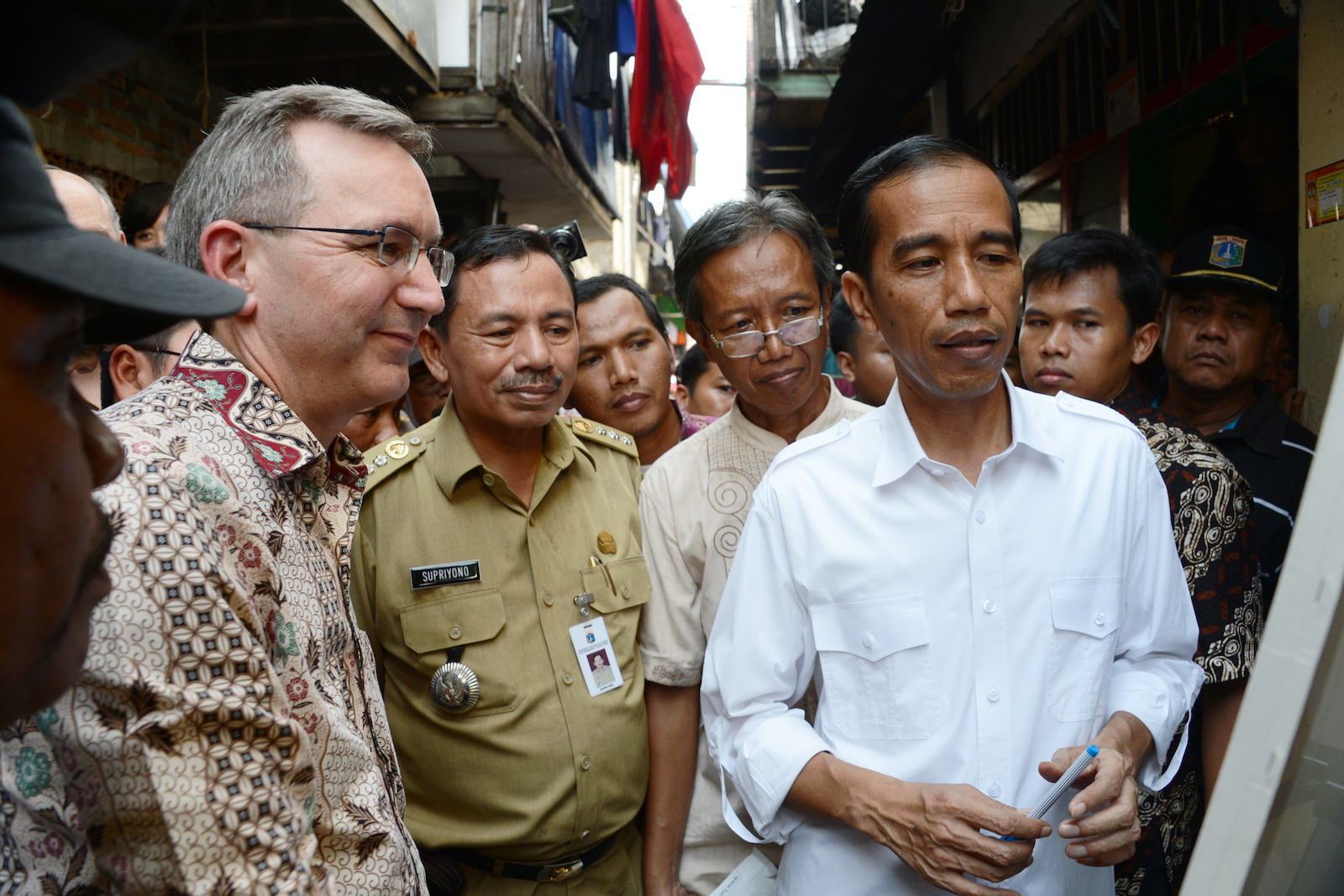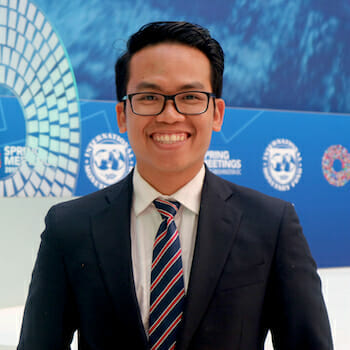
Expediting Asset Recovery Bill for Indonesian Anti-Corruption Effort
Asset recovery in corruption has become an important issue in many developing countries that are still fighting corruption, including Indonesia and the Philippines. The government of the Philippines has a very dramatic approach to demonstrate its asset management policy. Recently, more than 75 luxurious vehicles worth roughly $5.5 million including brands such as Lamborghini, Porsche, Mercedes, Harley Davidson, Triumph, etc. were crushed into pieces as part of the government effort in its anti-corruption campaign. Meanwhile, the government of Indonesia processes corrupt assets more conventionally through the government financial system or public auction mechanism and returns the funds to the public. Both countries certainly have different reasons behind their policies. The question remains which policy is more effective and gives more benefits to its country.
Recently, the Indonesian Corruption Eradication Commission (KPK), partnering with the office of State Property and Auction Service, have administered a public auction with 23 items that include houses, land and properties, cars, mobile phones, etc. The total asset recovery in KPK in 2017 was more than 1.9 trillion rupiah. The Indonesian policy for dealing with stolen assets contrasts with the Philippines’ policy, where the government prefers to destroy the assets instead of selling them. The government of the Philippines believes that by destroying seized assets, it will prevent criminals from obtaining those assets by other mechanisms. Accordingly, the government will send a message to the society of zero tolerance toward corruption.
Both Indonesia and the Philippines have shown that they are committed to combating corruption by ratifying the United Nations Convention against Corruption (UNCAC) in 2006. Indonesia regulates anti-corruption under laws No 20 of 2001 (UU Tipikor) and Indonesia ratified UNCAC under laws No 7 of 2006. Even though Indonesia is a member of UNCAC, the provisions contained in UNCAC have not been entirely implemented in Indonesia. Some UNCAC provisions that have not been adopted in the law include corruption in the private sector, trading in influence, illicit enrichment, bribery of foreign public officials and asset recovery. Anti-corruption laws enforcement relies solely on UU Tipikor which is inadequate. Completing UNCAC provisions is essential to fill in the existing gaps in UU Tipikor that could be exploited by corrupt individuals or entities. One such gap is asset recovery, a relatively new issue in Indonesian anti-corruption efforts.
Efforts to recover stolen assets become complex when foreign jurisdictions are involved. In fact, partnership between the Indonesian government and the foreign countries where corrupt assets are retained is still very limited. Stolen assets are often saved in so-called safe havens, often in Singapore, Switzerland or the Caribbean. Issues of asset recovery are described in Chapter V of UNCAC, articles 55 to 59. This chapter covers cross-border cooperation, mechanisms of prevention, and measures for the direct recovery of property. These provisions, if implemented, would help to extend the authority of law enforcement officials.
In 2017, KPK has reported assets recovered from 2005 to 2017 in the amount of Rp 2,112 billion. However, asset recovery provisions in Indonesia are still limited to recovering assets in domestic cases. Assets in foreign jurisdictions cannot be touched. Agus Rahardjo, the chief of KPK, has mentioned that UU Tipikor is already outdated. He strongly urged the House of Representatives to expedite an asset recovery bill. There are several issues facing the government in recovering stolen assets.
Firstly, the existing anti-corruption law does not encompass asset recovery, and there is no other law that does. Even though an asset recovery bill was introduced in 2012, it failed and is still obstructed by the legislative bureaucracy. The KPK and the Financial Transaction Reports and Analysis Center, or PPATK, are still struggling to have the Asset Recovery bill passed into law. Although this law is necessary to assist law enforcement, the House of Representatives has not given it a priority. As a result, KPK is not sufficiently equipped itself to deal with more complex cases that involve corruption in the private sector, trading in influence, illicit enrichment, bribery of foreign public officials and asset recovery.
Secondly, law enforcement agreements between two or more countries known as Mutual Legal Assistance (MLA) encounters various obstacles such as clashing foreign interests. When it comes to the transnational criminal, MLA is the only instrument to enforce the law, especially in cases involving money laundering and asset recovery. Indonesia has adopted MLA in the criminal matter under Law No 1 of 2006. However, the different legal systems and banking or financial systems of foreign countries, as well as differing law enforcement procedures and political situations, often become a barrier for Indonesia to establish MLA with other nations. So far, Indonesia has created several MLA agreements with Australia, China, Korea, Switzerland and several ASEAN countries. It will be invaluable for the Indonesian government to sign more MLA agreements in additional countries. MLA with private institutions such as banks frequently obstructs investigations because of conflicts with bank secrecy or confidentiality policies. In addition, the lack of the capacity of an investigator or prosecutor in dealing with foreign jurisdictions becomes the main obstacle. The proposed asset recovery bill mentioned above addresses this issue and it invokes the international partnerships and MLA. Moreover, this bill would provide the international collaboration needed to further unlock barriers to asset recovery.
In summary, the Philippines and Indonesia have different approaches to dealing with asset recovery. Comparing the effectiveness of the two approaches is obviously difficult due to the differing context, nature and extent of corruption as well as the different societies involved. Some recommendations can be offered. The Indonesian government should pass a strong version of the asset recovery bill. This comprehensive legislation must also be supported by creating a specialized institution in addition to the KPK for managing asset recovery. Finally, mutual partnerships with foreign countries and private institutions to combat corruption should be strengthened by establishing more MLA treaties.
The views expressed in this article are those of the author’s alone and do not necessarily reflect the World Bank Group.

